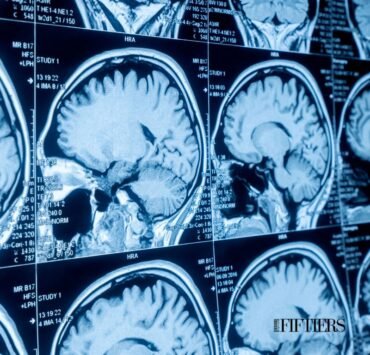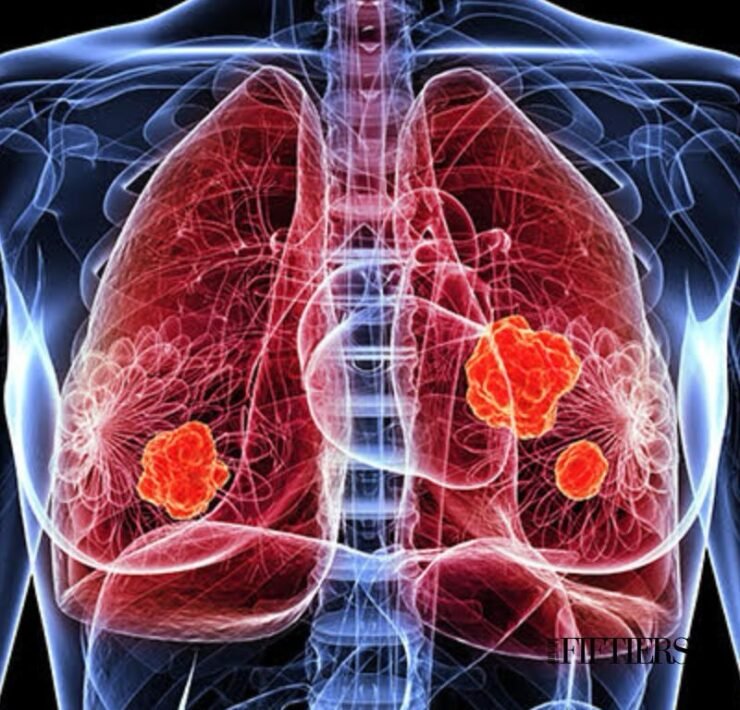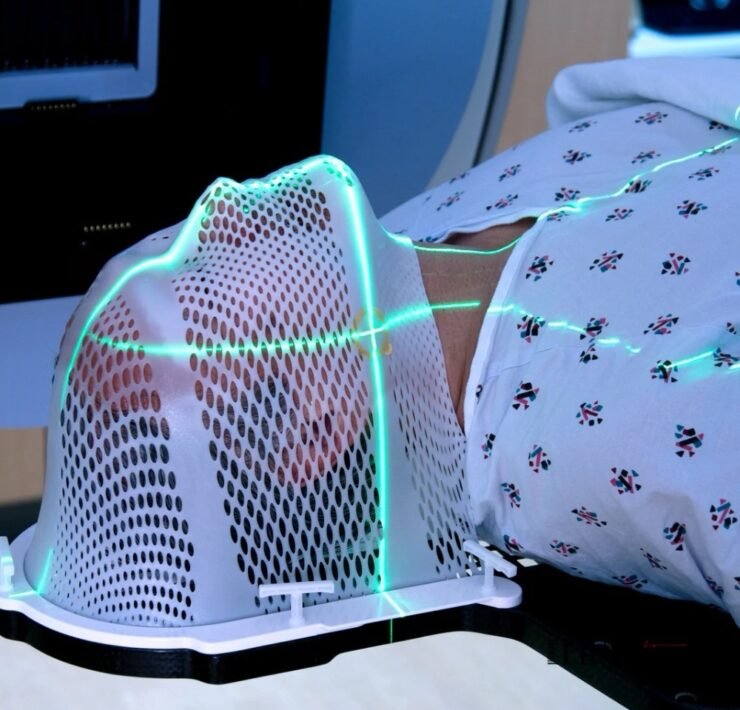Monitoring the response to cancer treatments using Artificial Intelligence

FIFTIERS | Life Begins at 50. La vida comienza a…
Personalized medicine and patient-specific care are key goals in cancer treatment. Responses to cancer treatments can vary from patient to patient, necessitating advanced tools to effectively monitor and adjust treatment plans. Artificial Intelligence (AI) has emerged as a valuable tool in this process, enabling more precise and personalized monitoring of responses to cancer treatments.
AI, through machine learning techniques and data analysis, can process vast amounts of medical information, including magnetic resonance imaging (MRI), computed tomography (CT) scans, and other clinical data. This allows for the identification of patterns and trends that may not be apparent to physicians, helping predict responses to different treatments and detect potential complications early.
Applications of AI in Monitoring Response to Cancer Treatments
AI is being applied in various ways to monitor the response to cancer treatments, including:
- Medical Imaging Analysis: AI can analyze medical images to detect changes in tumor size and shape, indicating treatment effectiveness.
- Treatment Response Prediction: Some AI algorithms can predict how a patient will respond to a specific treatment based on their genetic profile and other clinical factors.
- Disease Progression Tracking: AI can help monitor disease progression and detect changes in a patient’s condition, enabling timely adjustments to the treatment plan.
- Biomarker Identification: AI can identify specific biomarkers associated with treatment response, guiding clinical decision-making.
Challenges and Limitations in Implementing AI in Oncology
While AI holds great potential to improve monitoring of cancer treatment responses, several challenges and limitations must be addressed, including:
- Data Quality: The effectiveness of AI algorithms depends on the quality and quantity of training data. Clinical data can be complex and require careful processing.
- Interoperability: The ability of AI systems to work with different health information systems is crucial for effective implementation.
- Data Privacy and Security: The use of sensitive personal and medical data requires strict privacy and security safeguards.
- Regulation and Validation: AI algorithms must be validated and regulated to ensure clinical safety and efficacy.
Future of AI in Oncology
The future of AI in oncology is promising, with ongoing research focused on improving the accuracy and efficacy of AI algorithms in monitoring cancer treatment responses. Integrating AI with other technologies, such as genomics and immunotherapy, offers opportunities to develop more personalized and effective therapeutic approaches. Additionally, international collaboration and the sharing of data and knowledge could accelerate progress in this field, leading to better outcomes for cancer patients worldwide.
Practical Implementation of AI in Clinical Care
For AI to become an integral tool in clinical care, particularly in oncology, it is critical to develop strategies for practical implementation. This includes educating healthcare professionals on the use and limitations of AI, investing in technological infrastructure to support large-scale data analysis, and integrating AI with existing health information systems. Furthermore, collaboration among clinicians, researchers, and technology developers is essential to ensure AI systems are developed based on real clinical needs and rigorously evaluated before deployment in clinical practice.
Impact on Patients’ Quality of Life
Advanced monitoring of cancer treatment responses through AI can not only improve clinical outcomes but also significantly impact patients’ quality of life. By enabling more precise and timely adjustments to treatment plans, AI can help minimize side effects and maximize treatment efficacy. Additionally, AI’s ability to predict treatment responses can provide patients and their families with valuable information to make informed decisions about their care, reducing anxiety and stress associated with cancer diagnosis and treatment.
Discover more from FIFTIERS
Subscribe to get the latest posts sent to your email.


















